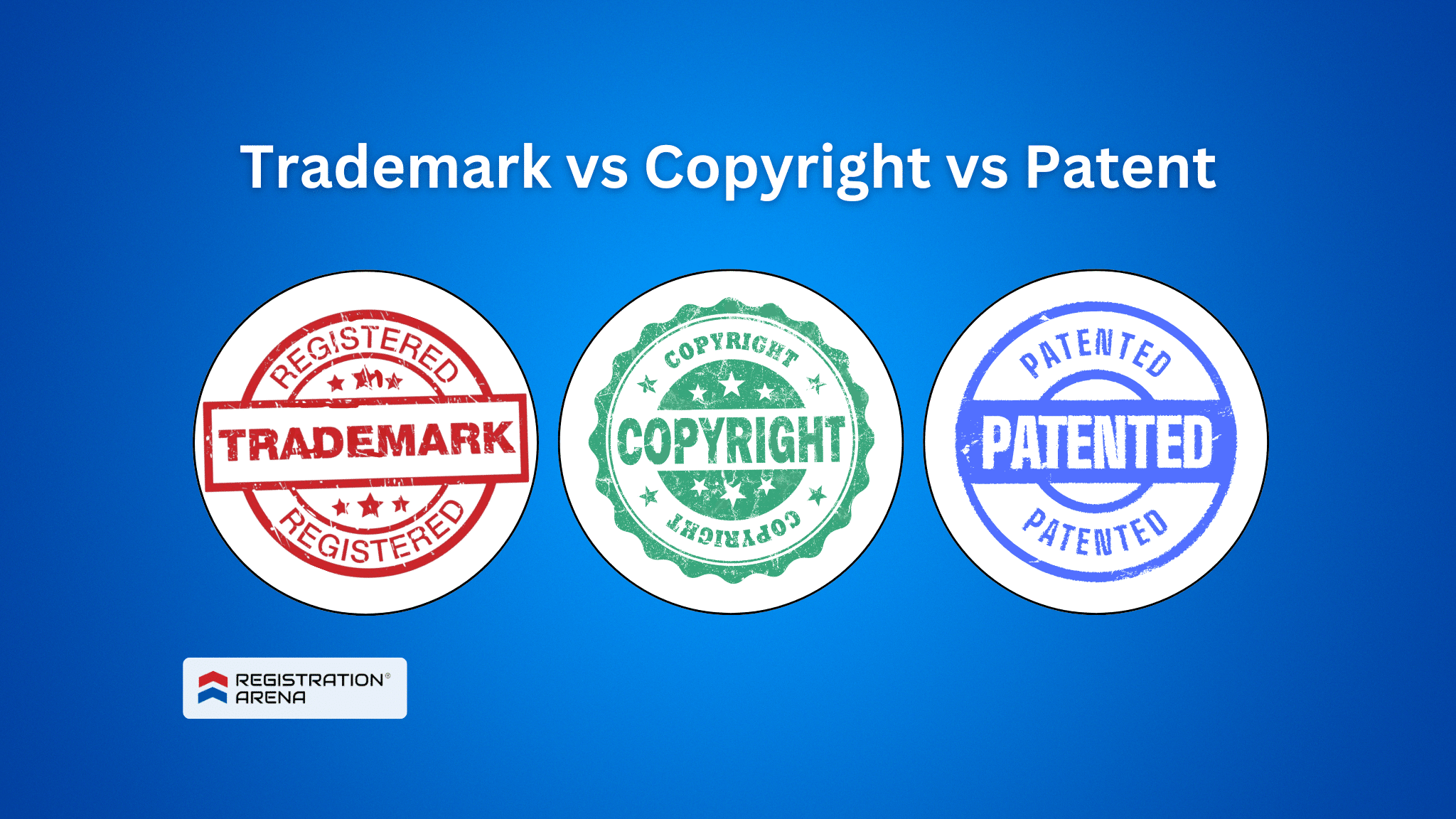Copyright Registration
Our Top Clients






Simplifying the Process
Learn how our streamlined system makes it easy to navigate
your business needs from start to finish.
What is Copyright Registration?
Intellectual Property Rights are an important asset in intangible form for any business, start-up, or enterprise. Copyright is a right given by the law to creators of literary, dramatic, musical, and artistic works and producers of cinematograph films and sound recordings.
It allows the creator the right of reproduction, assignment, adaptation, and translation the work. Therefore, copyright safeguards authors’ rights over their original creations, protecting and rewarding their creativity.
Copyright is automatically created when the creator creates anything. The law on copyright registration in India is important because it gives the creator a legal right in public so that others may not exploit the creator’s work. According to the law, registration of copyright isn’t mandatory, but registering copyright serves as evidence in a court of law for ownership disputes.
In India, the Copyright Act, of 1957, and the Copyright Rules 2013 are the current laws in force in relation to copyright.
What kind of works can receive Copyright Protection?
- Literary and Dramatic works
Literary work includes computer programs, tables, and compilations including computer databases. It also includes books, textbooks, E-Books, poems, stories, magazines, catalogs, letters, novels, dissertations, lyrics of a song, etc.
Dramatic work includes any piece for recitation, choreographic work, or entertainment in a dumb show, the scenic arrangement or acting, the form of which is fixed in writing or otherwise, but does not include a cinematograph film.
- Artistic works
Artistic works include paintings, sculptures, drawings (including a diagram, maps, charts, or plans), engravings, photographs, etc. It also includes works of architecture and any other work of artistic craftsmanship.
- Cinematograph Film
Any work with moving visuals/images recorded will qualify as a cinematograph film.
Cinematograph film refers to visual recordings on any medium produced through a process that can create a moving image using any means. This definition also covers sound recordings accompanying such visual recordings. The term “cinematograph” extends to works produced through processes similar to cinematography, including video films.
- Sound recordings
Any recorded audio will be considered a sound recording. For example, a song, a recorded speech, or an audiobook.
Sound recording means a recording of sounds from which sounds may be produced, regardless of the medium on which such recording is made or the method by which the sounds are produced.
- Music works
Musical work means a work consisting of music and includes any graphical notation of such work but does not include any words or any action intended to be sung, spoken or performed with the music.







